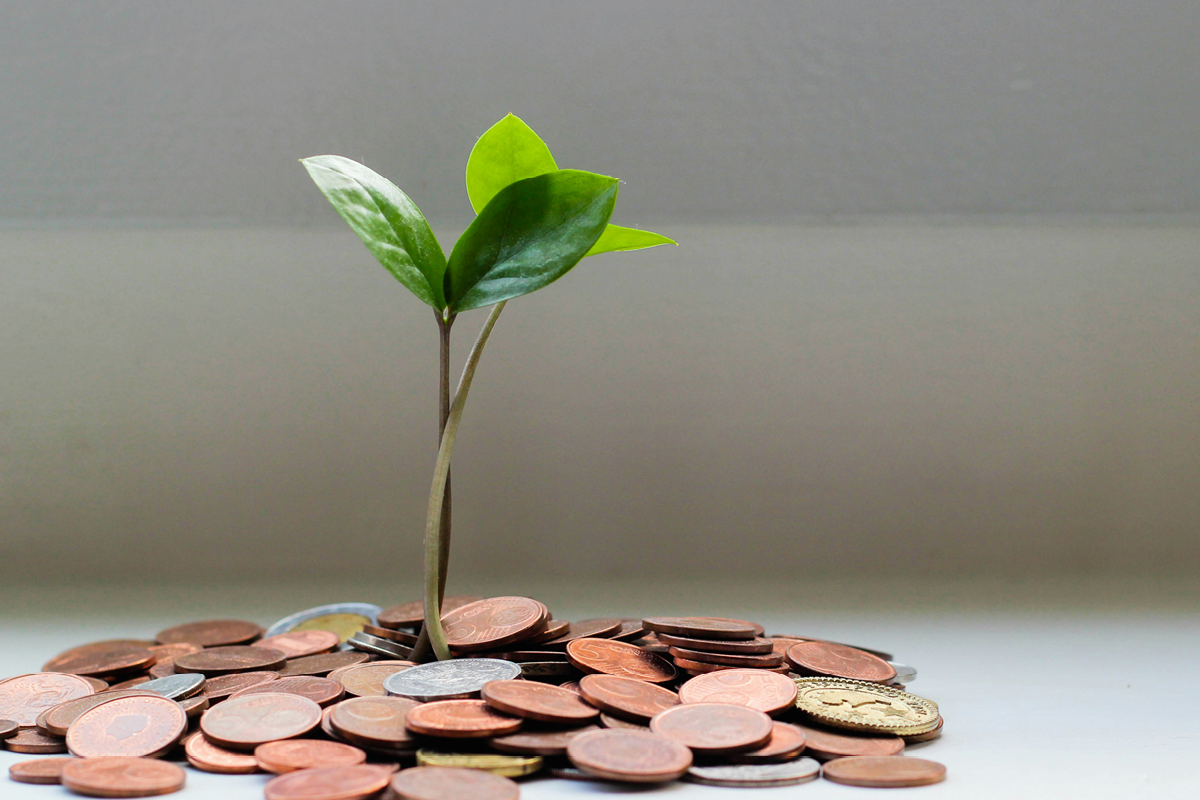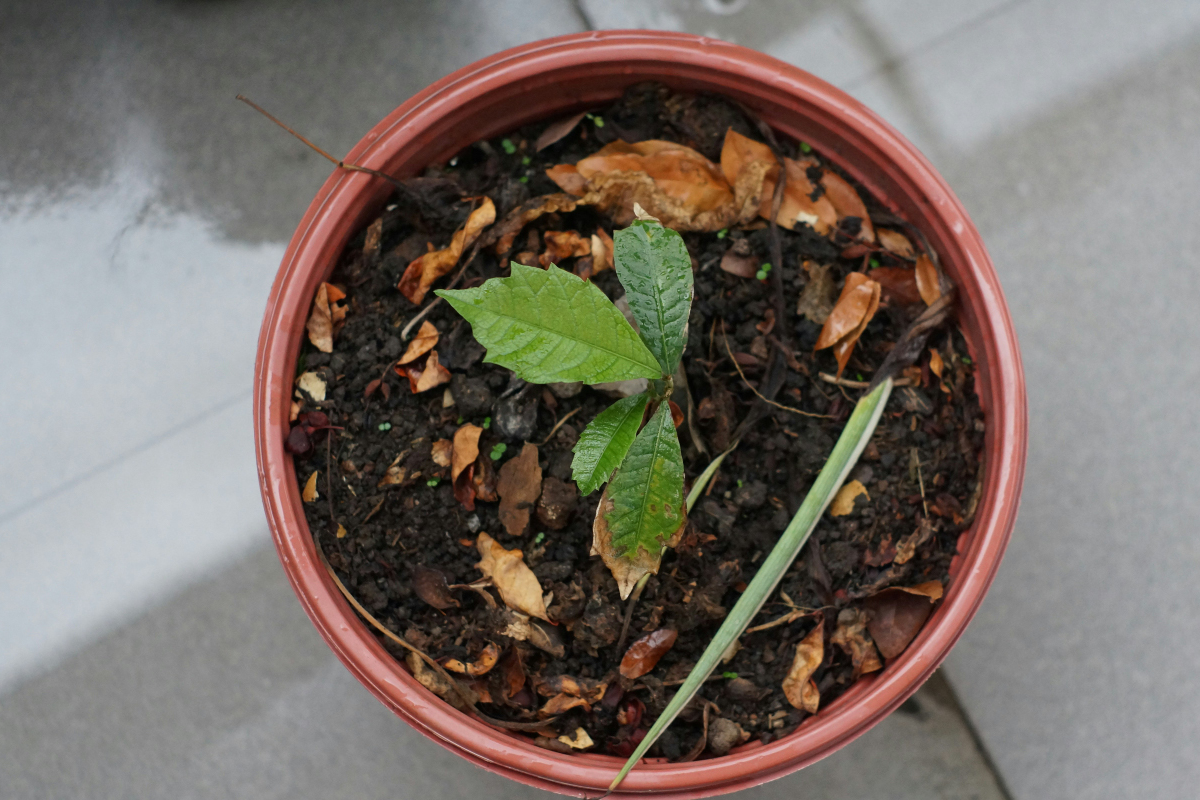HOW TO SAVE MONEY ON YOUR ENERGY BILLS
Want to find out how to reduce your energy bills this winter? Summer has officially been and gone, and the colder weather that autumn and winter bring is rapidly approaching. Whilst this can evoke many feelings of joy as we get ready for autumn walks, cosy dark nights, and celebrating seasonal festivities, it can also leave us feeling worried about our electricity bills as we begin to turn on the heating.
By starting to make some smart choices now, you can significantly cut back the cost of your electricity usage and take a little of that worry off your mind. Below, energy expert William Hobbs at MyJobQuote.co.uk goes over some of the top ways to save money on your electricity bills in the run-up to heating season:
Adjust Your Thermostat
The first step in maintaining a consistent and comfortable temperature within your home and keeping high energy costs at bay is making sure that your thermostat is set correctly. You may think that this means setting it lower in the summer and higher in the winter, but actually, the opposite can be true!
During winter, the lower the temperature is inside your home, the slower it will lose heat. So effectively, the longer your house remains at a lower temperature, the less heat it will lose and the more you will save on energy costs.
The same principle applies during the hot summer months – a higher temperature in your home will slow the flow of heat into your house. This will make you less reliant on the use of air conditioning, fans, and other costly appliances.
Make Use of Off-Peak Hours
Off-peak electricity hours refer to the times of day/night when electricity prices are lower because demand is lower. The exact times will depend on your energy provider and tariff, but they often fall late at night and early in the morning, from around 11 pm to 8 am.
Now, of course, this doesn’t mean that you need to stay up all night getting in your essential electricity usage, nor that you can’t switch on the lights or television during early evening. These hours can simply be used to your advantage with devices such as washing machines and dishwashers.
Leaving these appliances to run overnight during the off-peak hours will add up to make a good saving on your energy costs compared to running them in the daytime when prices are higher. Conveniently, a lot of appliances have a function that allows you to set a timer for them to start during this period.
Bleed and Flush Your Radiators
Bleeding and flushing radiators can help you save on energy costs by increasing their overall efficiency. Bleeding a radiator will remove trapped air from inside the system and allow hot water to circulate more effectively, therefore increasing efficiency.
Flushing will remove any sludge and debris that is preventing your radiator from performing properly, which means it will take less time to heat up. Heating can be a costly process, so any step to reduce the time it takes will be a big help.
By doing these checks on your radiators each year, you can also extend their lifespan, ensure that they are warming your home throughout without leaving cold spots, and reduce strain on your boiler.
Unplug Devices When Not in Use
Unplugging devices when they aren’t being used is something that can easily be overlooked, but it will certainly make a difference when you are looking to save money on energy bills.
Some devices, such as certain televisions and microwaves, run on ‘standby power’ when they are not actively in use. This means that, although they may appear to be switched off and dormant, they are still consuming electricity, and this can add a surprisingly large amount to your electricity bill compared to if they were unplugged.
The same goes for the chargers that we use to power our devices, such as laptops and mobile phones. Even when they do not have a device attached, they will still be taking up electricity if left plugged in, so they should always be removed from the plug when not in use.
Use Energy-Efficient Appliances
Replacing old boilers, washing machines, refrigerators, and dishwashers with energy-efficient appliances can transform your home, most noticeably through your energy bills. Energy inefficient appliances can quickly consume huge amounts of electricity, which is bad for both the environment and your wallet.
Refrigeration is likely to be the biggest consumer of energy within your home, due to the fact that your fridge and freezer are working hard 24/7. Dishwashers, ovens and washing machines also tend to be very energy hungry, although they are not switched on for long periods of time.
Energy-efficient appliances use technologies that are far less energy-intensive and, whilst requiring an initial investment, can see you cutting back on huge costs in the long run. These appliances also often last longer, reducing the need for frequent replacements and saving on repair costs.
Insulate Your Home
Installing effective insulation methods can help you save money on energy bills all year round by keeping cold draughts out during winter and protecting from outside heat in the summer months.
The effectiveness of insulation depends on the type and amount you install and the size of your home, but from double-glazing your windows to installing cavity walls, a little goes a long way in improving your energy efficiency!
If an entire revamp is not an option right now, you can start to save money using simple budget methods such as placing draught excluders around windows and doors and using thermal curtains and blinds to keep the cold out and trap the heat in.
Control Your Kettle
Kettles can be one of the most expensive household appliances to run, and if you are a tea or coffee lover, you will most likely be heading to switch it on multiple times a day. But fear not – There are a number of things you can do to reduce energy consumption and enjoy your warm beverages guilt-free.
Firstly, only fill the kettle with the amount of water that you need for that one use, as boiling more water will use more energy. Many kettles come equipped with markings that show just how high you need to fill the water level for a particular use, but you can also achieve the same result using a measuring jug or similar item to control the amount that you are pouring in each time.
Dry Your Clothes Naturally
Tumble dryers are a quick and convenient method of getting your clothes dry, and in some circumstances, such as when you are in a rush, can be of great use. However, they also consume a huge amount of electricity each time we run them, so they shouldn’t be something that we rely on for frequent use.
During the summer months, if you have a garden or similar outdoor area, clothes can be hung out to dry naturally on the washing line – not only will this save energy, but they will be left with that fresh outdoor smell!
For alternative indoor drying methods, which can be especially valuable during the winter months, you can use a drying rack or utilise appliances such as heated airers and dehumidifiers, which will consume far less energy than a tumble dryer.
Final Thoughts
Creating a more energy-efficient home and putting more thought into your daily routines to ensure that you are using your electricity in the smartest way possible can save you significant amounts on your electricity bills – crucial when heating season is approaching. Start saving now and enjoy a stress-free autumn and winter!
MORE ABOUT THE AUTHOR… WILLIAM HOBBS: William Hobbs is an expert in sustainability and energy. Having previously worked as an electrician, William has expertise in the electric field. In recent years, William has moved on to sustainability and energy consultancy, as well as providing his advice and expertise for MyJobQuote. William’s expert tips and comments have been featured in a range of leading press outlets.













